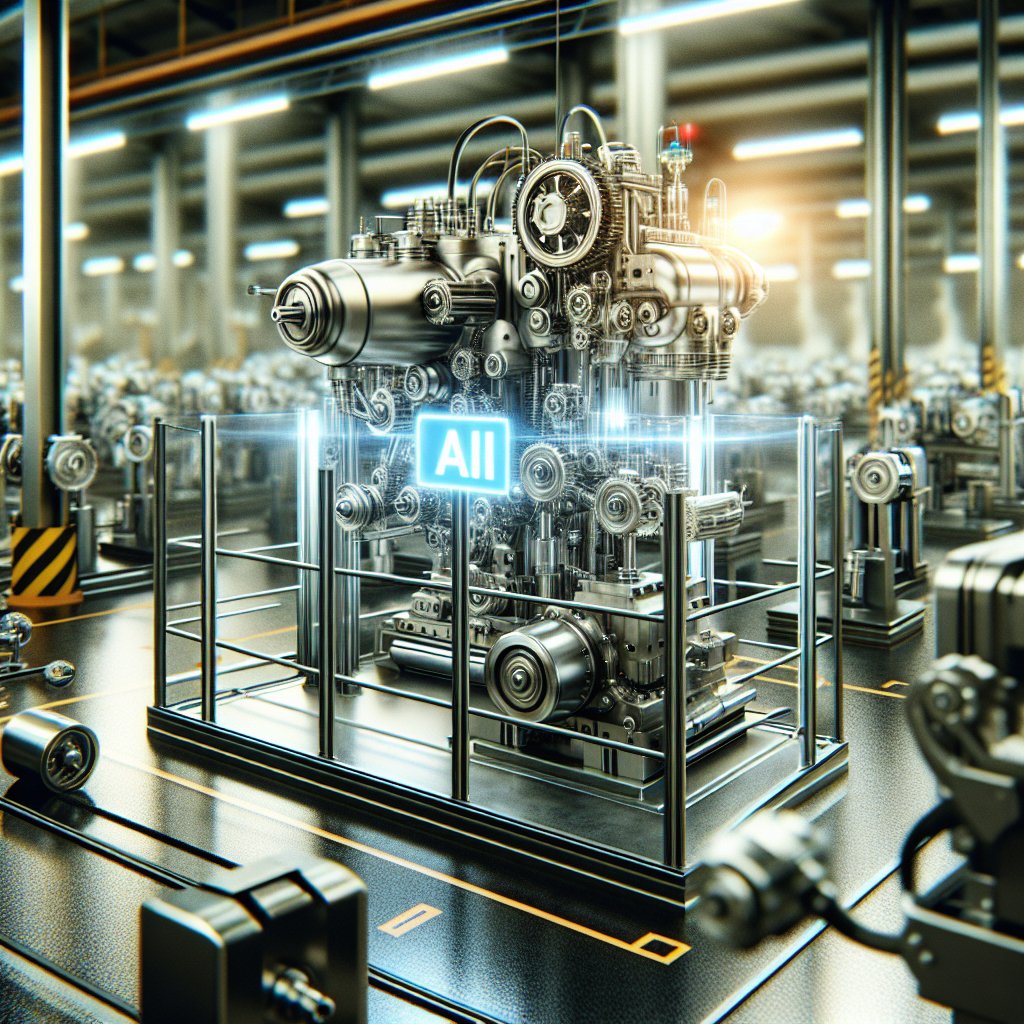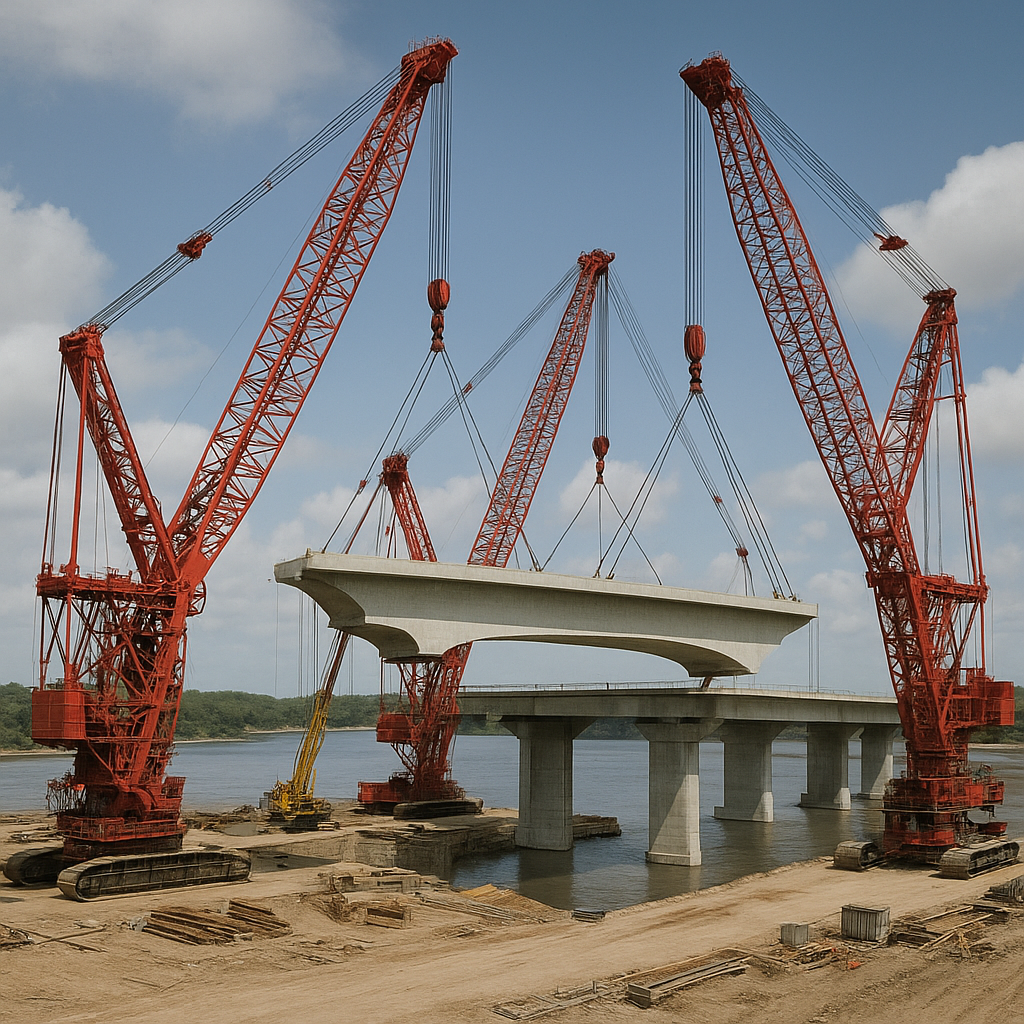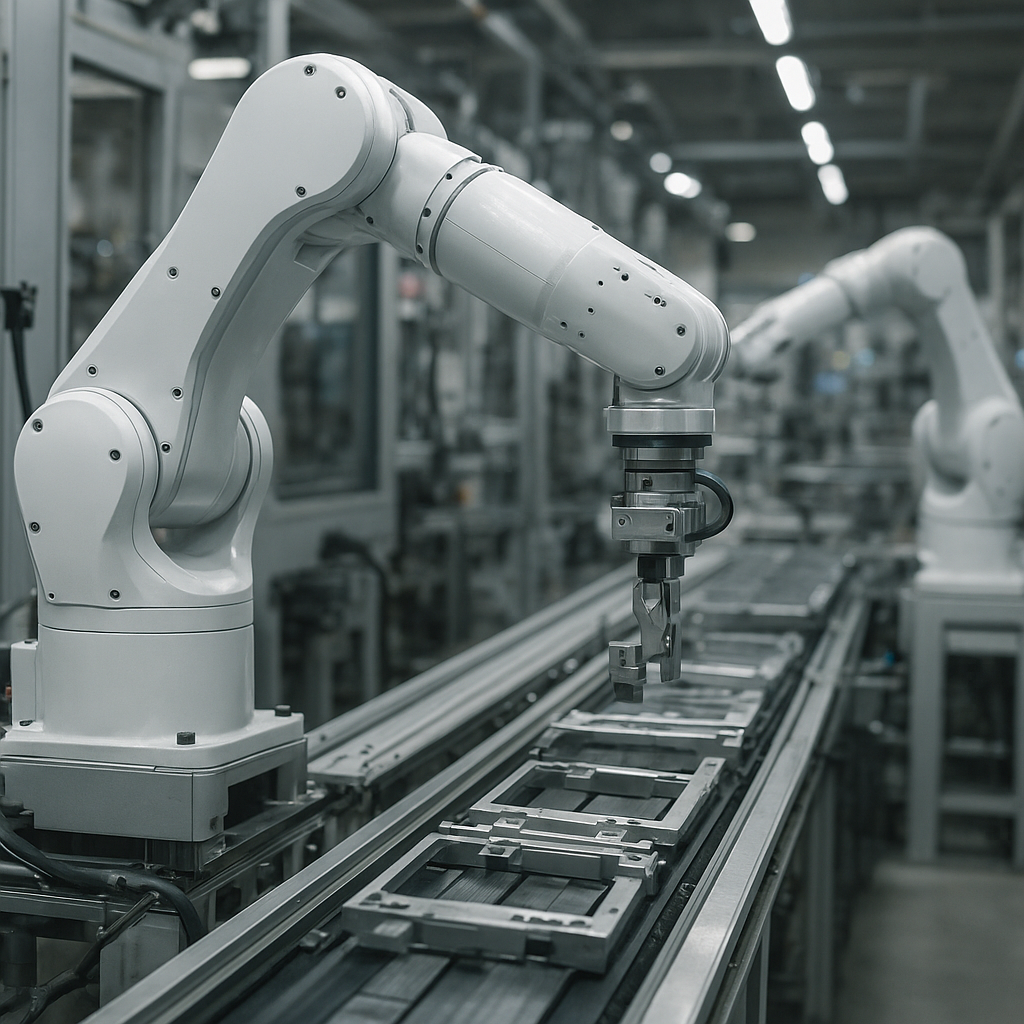
Artificial Intelligence (AI) is revolutionizing the way industries operate, particularly in optimizing the performance of industrial equipment. By leveraging advanced algorithms and machine learning techniques, AI is enabling companies to enhance efficiency, reduce downtime, and improve overall productivity. This article delves into the various ways AI is being utilized to optimize industrial equipment performance, exploring its benefits, challenges, and future potential.
Understanding AI in Industrial Equipment
AI in the industrial sector primarily involves the use of data-driven algorithms to monitor, analyze, and predict equipment performance. This technology allows for real-time data collection and analysis, providing insights that were previously unattainable. By integrating AI with industrial equipment, companies can achieve a higher level of operational efficiency and reliability.
Data Collection and Analysis
The foundation of AI in industrial equipment optimization lies in data collection. Sensors and IoT devices are installed on machinery to gather data on various parameters such as temperature, pressure, vibration, and more. This data is then transmitted to AI systems for analysis. Machine learning algorithms process this information to identify patterns and anomalies that could indicate potential issues or areas for improvement.
For instance, AI can detect subtle changes in vibration patterns that may suggest a bearing is wearing out. By identifying such issues early, maintenance can be scheduled proactively, preventing unexpected breakdowns and costly downtime.
Predictive Maintenance
One of the most significant advantages of AI in industrial equipment is its ability to facilitate predictive maintenance. Traditional maintenance strategies often rely on fixed schedules or reactive approaches, which can lead to unnecessary downtime or unexpected failures. AI, on the other hand, uses predictive analytics to forecast when equipment is likely to fail, allowing for maintenance to be performed just in time.
This approach not only extends the lifespan of equipment but also reduces maintenance costs and improves safety. By predicting failures before they occur, companies can avoid the risks associated with sudden equipment breakdowns.
Benefits of AI in Industrial Equipment Optimization
The integration of AI into industrial equipment offers numerous benefits that extend beyond just performance optimization. These advantages are driving more companies to adopt AI technologies in their operations.
Increased Efficiency and Productivity
AI enables companies to optimize their equipment’s performance, leading to increased efficiency and productivity. By continuously monitoring and analyzing equipment data, AI systems can identify inefficiencies and suggest improvements. This results in more streamlined operations and better resource utilization.
For example, AI can optimize energy consumption by adjusting equipment settings based on real-time data, reducing energy costs and minimizing environmental impact.
Enhanced Decision-Making
AI provides valuable insights that enhance decision-making processes. By analyzing vast amounts of data, AI systems can offer recommendations and predictions that help managers make informed decisions. This data-driven approach reduces the reliance on intuition and experience, leading to more accurate and effective strategies.
Moreover, AI can simulate different scenarios and outcomes, allowing companies to test various strategies before implementation. This capability is particularly useful in complex industrial environments where decisions can have significant consequences.
Challenges and Considerations
While the benefits of AI in industrial equipment optimization are substantial, there are also challenges and considerations that companies must address to fully leverage this technology.
Data Security and Privacy
With the increased use of AI and IoT devices, data security and privacy have become major concerns. Industrial equipment generates vast amounts of sensitive data that must be protected from cyber threats. Companies need to implement robust security measures to safeguard their data and ensure compliance with regulations.
Additionally, data privacy is a critical consideration, especially when dealing with personal or proprietary information. Companies must establish clear policies and practices to protect data privacy and maintain trust with stakeholders.
Integration and Compatibility
Integrating AI with existing industrial equipment can be challenging, particularly in older facilities with legacy systems. Compatibility issues may arise, requiring significant investments in infrastructure upgrades and system integration.
To overcome these challenges, companies should work closely with AI solution providers to ensure seamless integration and compatibility. This may involve customizing AI solutions to meet specific operational needs and constraints.
The Future of AI in Industrial Equipment
The future of AI in industrial equipment optimization is promising, with ongoing advancements in technology and increasing adoption across industries. As AI continues to evolve, its capabilities and applications are expected to expand, offering even greater benefits to companies.
Advancements in AI Technology
AI technology is rapidly advancing, with new algorithms and techniques being developed to enhance its capabilities. These advancements are enabling more accurate predictions, faster data processing, and improved decision-making.
For instance, the development of deep learning and neural networks is allowing AI systems to process complex data sets and identify intricate patterns. This is particularly useful in industries with highly variable and dynamic environments.
Wider Adoption and Implementation
As the benefits of AI become more apparent, its adoption in the industrial sector is expected to increase. Companies across various industries are recognizing the value of AI in optimizing equipment performance and are investing in its implementation.
This trend is likely to continue as AI solutions become more accessible and affordable. Additionally, the growing availability of AI talent and expertise is facilitating wider adoption and successful implementation.
In conclusion, AI is playing a transformative role in optimizing industrial equipment performance. By leveraging data-driven insights and predictive analytics, companies can enhance efficiency, reduce downtime, and improve overall productivity. While challenges exist, the future of AI in the industrial sector is bright, with ongoing advancements and increasing adoption paving the way for continued innovation and growth.

